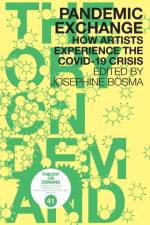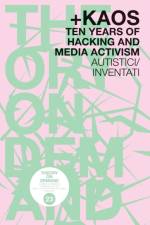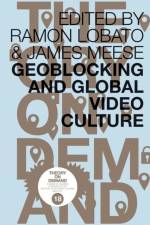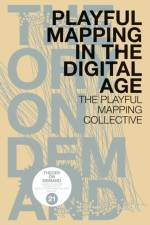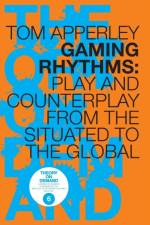von Josephine Bosma
40,00 €
Theory on Demand #41Pandemic Exchange - How Artists Experience the COVID-19 Crisisedited by Josephine BosmaNews reports on the Covid-19 pandemic seldom include how the virus and the societal lockdowns affect artists. A lively circuit of cultural events, meetings, and exhibitions has come to an almost complete stop, leaving artists often not just with a significant drop in income but also bereft of their vital and supporting social communities. Art writer and curator Josephine Bosma, feeling quite cut off herself after a year of lockdowns and too much screen time, saw both desperate and relieved outcries from artists popping up through the glossy algorithmic veneer on social media. She decided to reach out to some of the more outspoken voices. From this an interview project was born, which grew into this collection of heartfelt stories and brief reports from artists trying to survive the pandemic and sometimes finding unexpected ways to do so.With: Annie Abrahams, Lucas Bambozzi, Dennis de Bel, !Mediengruppe Bitnik, S()fia Braga, Arcangelo Constantini, Tiny Domingos, John Duncan, Nancy Mauro Flude, Ben Grosser, Adham Hafez, Sachiko Hayashi, Lynn Hershman Leeson, Garnet Hertz, Jennifer Kanary, Brian Mackern, Miltos Manetas, Lorna Mills, Daniela de Paulis, Tina La Porta, Archana Prasad, Melinda Rackham, Michelle Teran, Mare Tralla, Igor Vamos, Ivar Veermäe."We are witnessing a trivialization of the internet as an artistic medium." - S()fia Braga, Linz, Austria"Dealing with the cultural context in a profound and responsible way has become urgent." - Lucas Bambozzi, Sao Paulo, Brazil"Reality is our Non-Fungible Token." - Miltos Manetas, Bogota, Colombia"Meetings with friends, usually with some specific purpose or project in mind, take on an unspoken undercurrent of joy that I savor, simply because we're in a room together." - John Duncan, Bologna, ItalyJosephine Bosma is an art writer and curator specialized in, but not limited to, art and technology. Her critical work has appeared in a variety of media, from pirate radio to fancy print, following a life and interest ranging from the underground to the institutional art world. Her book Nettitudes - Let's Talk Net Art appeared with the NAi Publishers/INC in 2011.









